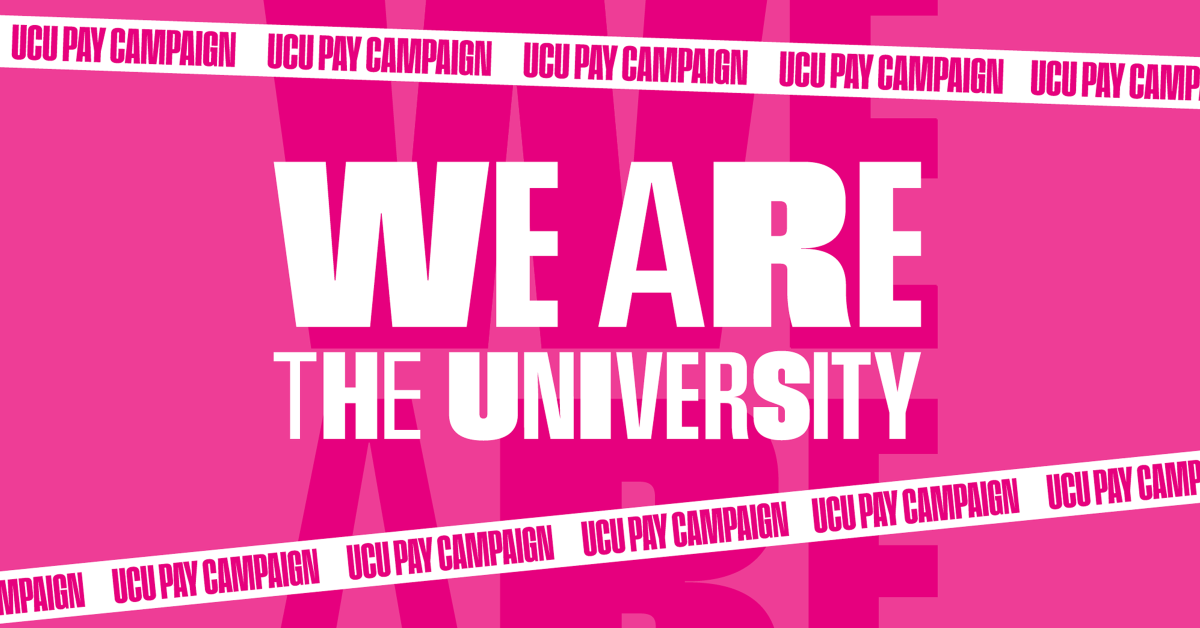Following a recent Freedom of Information request administered by Epigram to the University, figures show that Engineers and Scientists reap the most first-class honours, whereas an overwhelming proportion of Arts students are awarded 2:1's.
Statistics sent from the University disclose that Engineering students, in both the summer of 2015/16 and 2016/17, were awarded with the highest percentage of Hons I classifications out of any department at Bristol. 44.6% of Engineers received a first in 2016/17, and 44% received a 2:1. Those who studied Biomedical sciences came at a close second, with 35.4% of students receiving a first last July.
Comparatively, Social Sciences and Law, as well as the Arts, witness a smaller percentage of first-class qualification awards, with the majority of students receiving a 2:1. In 2015/16, 18.2% of Social Science and Law students received a first, which slightly increased to 21.2% in 2016/17. This small percentage increase still remains far from the 44.6% in Engineering. Likewise, only 27.3% of Arts students received Hons I, with 68.5% receiving a 2:1 last year, and 4.2% received a 2:2.
Hetty Faulkner, a second year Electrical and Electronic Engineering student, who is also Social Media Officer for the Bristol Electronic and Electrical Engineering Society (BEEES) suggests that she 'would be hesitant to say' that the disparity between first class honour awards is due 'to the types of people who take those subjects'. She rather argues that these results identify 'just how much of the subjects are definitive. Technically it is possible to get 100% on an Engineering Maths paper', but Hetty's 'friends studying Law say that obtaining 100% is unachievable.'
Jenna Coetzee, a second year Law student agrees, and says she 'has found a first very hard to achieve'. 'Only a very small minority of students consistently get firsts across the board. It is more likely you can do well in one module, but even then, anything above a 72 is very rare'.
Oliver Cohen, Deputy Science Editor at Epigram also comments on the difference between Arts and Science classification awards. Whilst he can understand that there 'would be a difference between humanities and numerical degrees as the answers are less open to interpretation', he was 'quite surprised' by the 10% difference between Science and Engineering. Oliver wonders whether this 10% margin is due to the people studying, and their work ethic, or the difference in the courses themselves.
Guardian: Degree classification is unfair to many students - A student's class of degree has a major effect on their... http://ow.ly/1ceXzS
— HE News (@HEontap) April 18, 2011
Also of note is that 0.0% of Arts students in the 2016/17 academic year received a third, however, 2.6% of Engineering students were awarded with this qualification, 0.9% in Biomedical sciences, and 1.8% in Sciences.
Whilst the lack of third-class degrees in the Arts is positive, there is also frustration for students studying degrees in the Humanities sector. Second year History Student and Deputy Online News Editor Emily Vernall concurs that 'the Arts are very subjective degrees, which I think is reflected in the disparity between the percentage of top grades awarded to Arts students and those in Engineering or Science.' She does however believe that these results 'can be quite disollusioning for Arts students who feel they are putting the effort in, but do not see the results'.
Across the University, degree results do witness fluctuation from 2015/16 to 2016/17, if only marginal.
Whilst those recieving a first across the whole University increases by nearly 3% from 2015/16 to 2016/17, the Upper Division sector seems to remain consistent in the 53-54% mark, and students obtaining Hons III decreases.
A 2:1 is thus the dominant degree classification that students are awarded with from the University of Bristol. This does, however, clearly vary from Arts to the Sciences.
Featured Image: Faustin Tuyambaze, Unsplash
What do you think of the graduation results and the disparity in first-class honour awards? Let us know:









